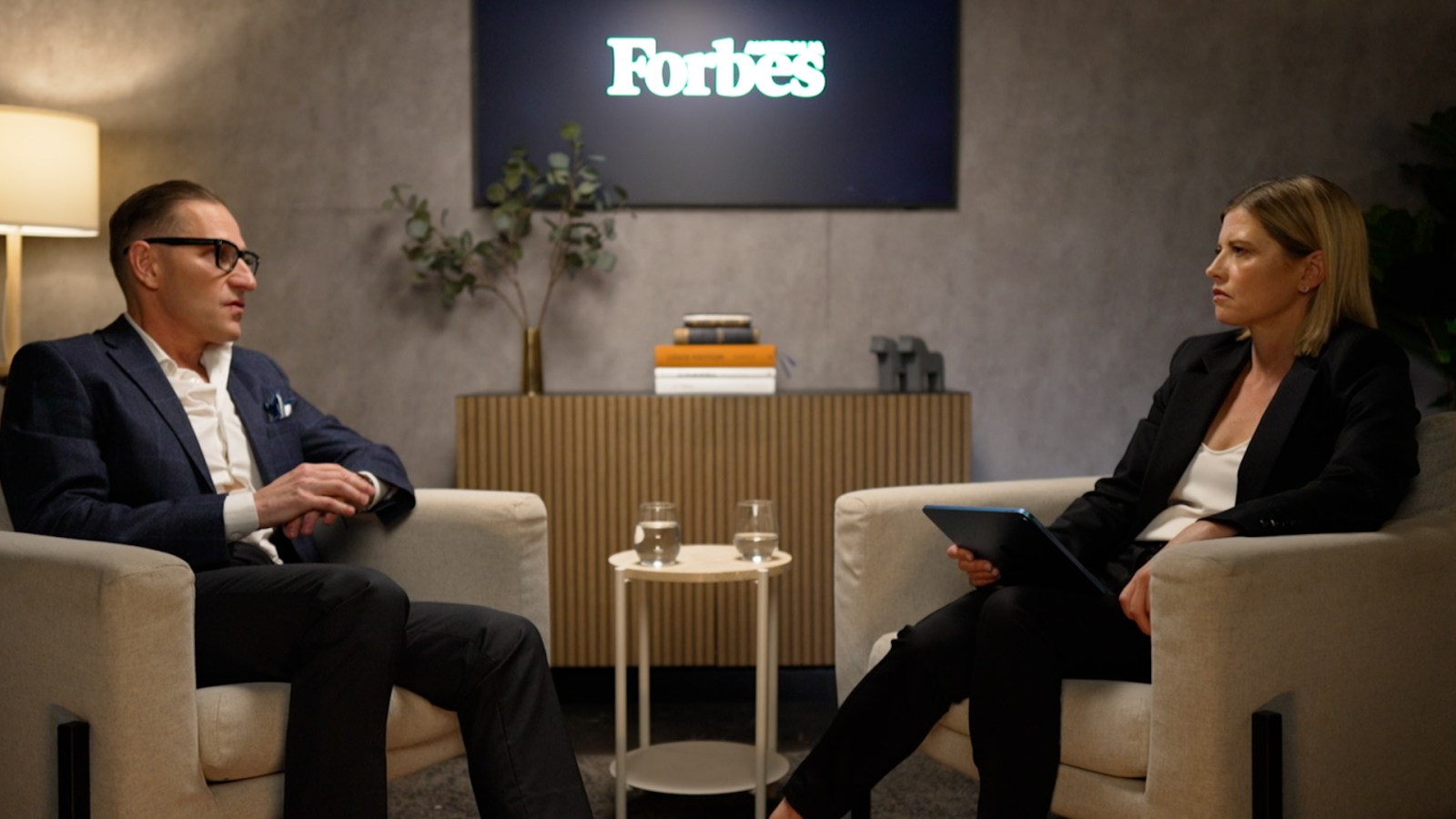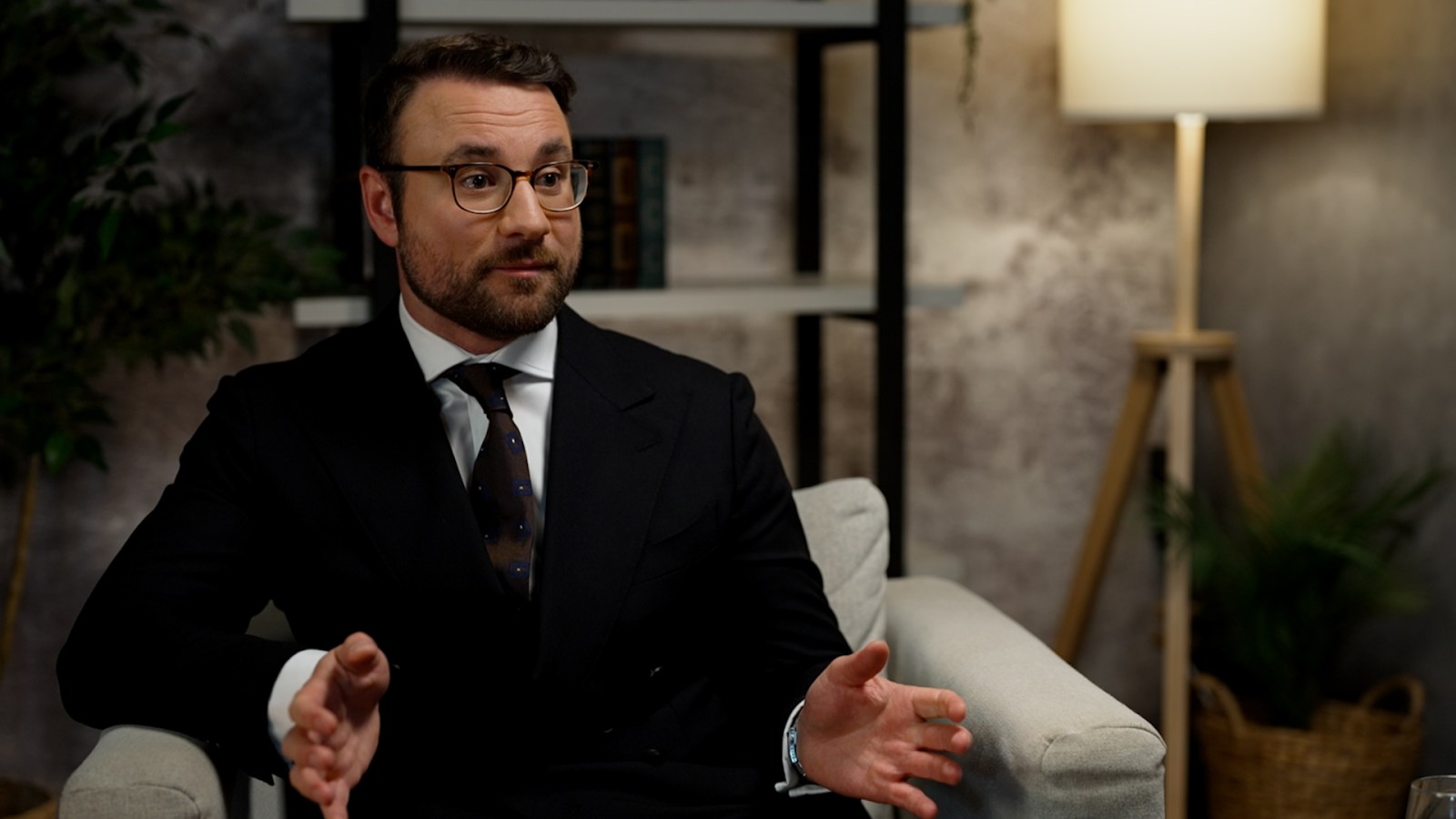In today’s chaotic world, traders must navigate heightened volatility and uncertainty. In a recent whitepaper, Trading at boiling point: Thriving in a chaotic future, CMC Markets says this environment requires agility, open-mindedness, and the willingness to embrace chaos. However, CMC’s industry experts also urge traders to remain grounded in the timeless fundamentals of trading: understanding risk, staying disciplined, and recognising value. In this episode of Forbes in Focus, CMC’s senior sales trader Carlo Pruscino shares insights from the whitepaper on understanding investor psychology, including the power of emotional mastery, how to embrace volatility, and avoiding common biases.
The following transcript is an edited excerpt from the conversation. Watch the video to see the full interview.
Carlo, welcome to Forbes in Focus. You have decades of experience in senior trading roles. How do market disruptions and uncertainty impact markets, and how can traders prepare themselves for whatever may lie ahead?
Market uncertainties and disruptions, such as we are seeing today, can lead to high volatility. You can get some big price swings. A lot of traders might experience fear and anxiety, which could cause them to make decisions based on emotions, rather than logic and data.
But on the flipside, volatility can be a trader’s best friend because volatility can lead to valuable opportunities. Provided you risk manage and you control your emotions, then volatility should be embraced by traders. Have a decent amount of capital set aside, so you are ready to act when opportunities arise.
It has been said that trading is 80% psychology and 20% skill. What is emotional mastery and how can it help to achieve a better result when trading?
Emotional mastery means being aware of your emotions, then learning how to control them, so they don’t get in the way of your decision making.
So, quantify the amount of profit you’d like to make per trade, and stick to that level; place a take-profit on the platform. Similarly, quantify how much you’d like to risk per trade, and place a stop-loss on your trades, and leave those levels there. And let the market hit your take-profit and stop-loss, and be unemotional when executing your trades.
How can emotions like fear or overconfidence impact outcomes and what are some of the tools that traders can use to combat this?
Fear can cause traders to exit profitable positions way too early, and fear can also stop traders from placing trades that make sense, because they don’t want to be wrong.
Overconfidence tends to happen after a series of profitable trades, and overconfidence can lead to excessive risk taking or ignoring some of those signs that you may be on the wrong path.
So, to combat some of these emotions of fear and overconfidence – or fear and greed, as we say – traders may consider risk management techniques such as the use of a multitude of stop losses. Secondly. try journaling; firstly write down the trades you took, but also why you took these trades and how you felt at the time.
If there was one key takeaway that you could leave our viewers, what would it be?
I think discipline is everything. Manage your trades, manage your emotions, and stick to your trading plan.
But also get in there and trade. If you have a passion for trading, get your hands dirty, because the only way to learn is by making profitable trades and also making some losses on the way as well, which is part of trading.
The goal of trading is consistency, especially in these turbulent and chaotic markets that we are seeing today.
For more insights from CMC industry experts, download the Trading at boiling point: Thriving in a chaotic future whitepaper here, and don’t forget to watch the full video of our interview with Carlo.

